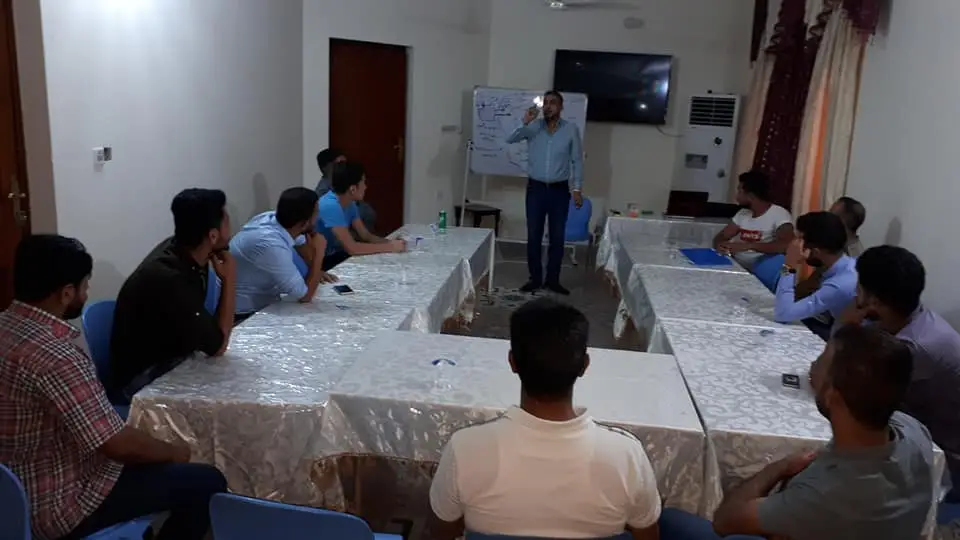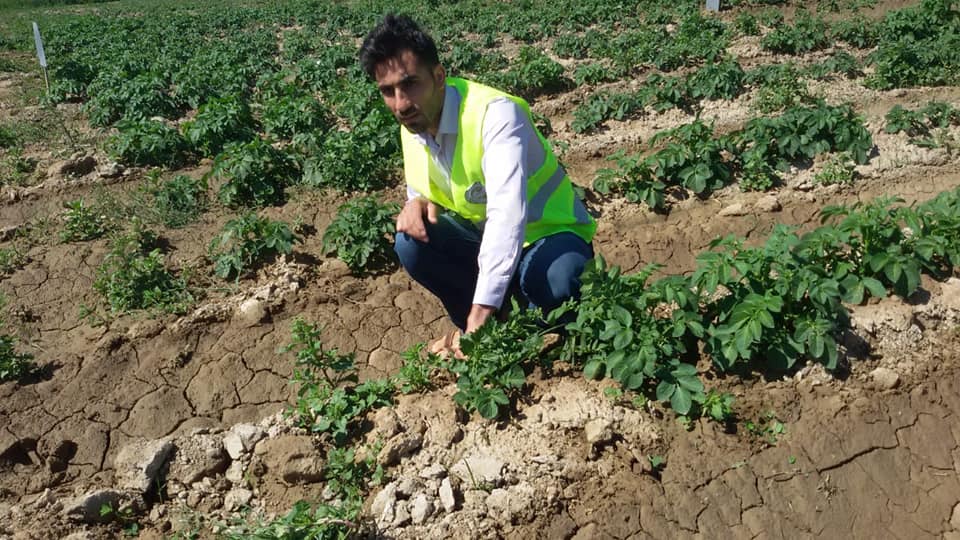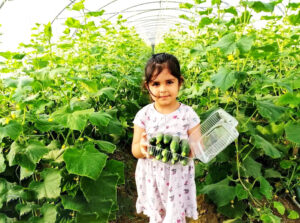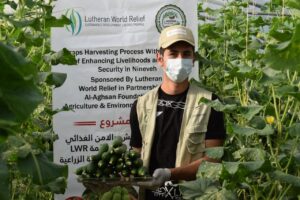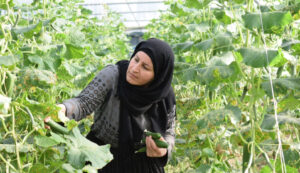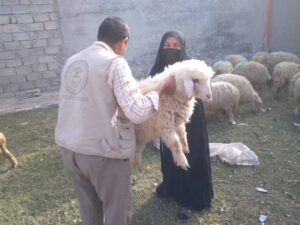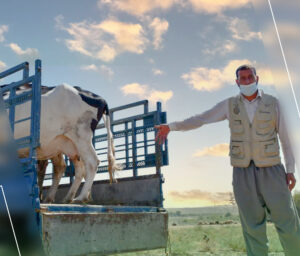Youth and Women Empowerment
Investment in education and skills development opportunities for children and young people will help meet today’s immediate needs and contribute to the long-term stability of Iraq.
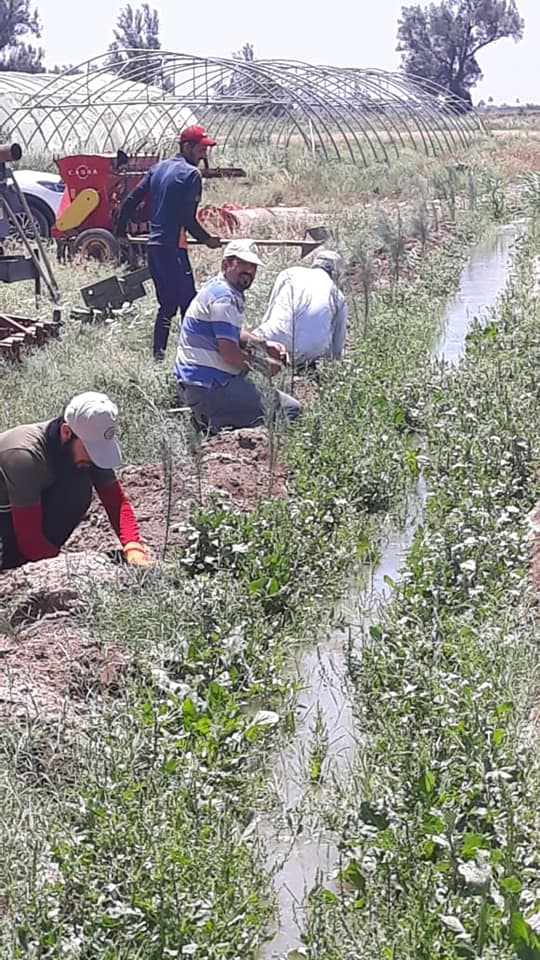
Adolescents in Iraq are in a state of limbo. They are at a stage when they should be demonstrating autonomy and assuming more adult responsibilities. However, external factors, such as limited employment and livelihoods opportunities, as well as social norms, block their transition into adulthood.
While young people have limited access to opportunities for civic, social or economic engagement, this is particularly the case for girls, whose mobility outside the household is constrained and have reported feelings of disengagement and isolation
Data generation: Adolescents in Iraq are invisible. There are limited data, generated primarily through nationally representative household surveys such as MICS, that shed light on selected outcomes amongst adolescents. The lack of adolescent-related disaggregated data and evidence is a cross-sectoral challenge, which hinders informed policy making and program planning. Information is further scarce on the actual needs and priorities for adolescents and youth in Iraq, including the most vulnerable, such as IDP, refugee and returnee adolescents. The lack of evidence demonstrates that adolescent-specific programming and planning is not yet an institutional priority. Overcoming barriers to adolescent and youth development requires a deep understanding of the social, cultural, economic and political factors that act as obstacles or enable young people’s civic, social and economic engagement.
Lack of opportunities for skills development, engagement and freedom of expression: Iraqi adolescents and youth, especially the most vulnerable and out of school,are poorly skilled and do not acquire adequate educational and professional assets to successfully navigate the important transition to sustainable livelihoods.
Services provided by government institutions that deal with issues of adolescents and youth, including life and employment skills development, do not consider either the increasing numbers or the unique needs of adolescent boys and girls.
Social norms and cultural practices: Attitudes and social norms inhibit decision-makers from adequately considering and acting on the opinions expressed by adolescents, even when mechanisms are in place and the capacities of adolescents are sufficient. Patriarchal and traditional norms shape the relationship between adolescents and their communities.
OUR PROGRAMMING
Adolescent girls and boys, especially the most disadvantaged and deprived, are socially and economically included and contribute to a cohesive, peaceful and resilient Iraqi society.
Al-Aghsan Foundation calls for a transformative vision that maximizes the potential of all young girls and boys, that tackles disengagement, gender inequities and supports them with skills to face the transitions from childhood to adulthood, from education to work, and from unreflective development to responsible citizenship.
Al-Aghsan Foundation programming will foster innovative approaches with the goal of reach and engaging with more adolescents and enabling them to confidently express themselves within their families, communities and in national dialogue.
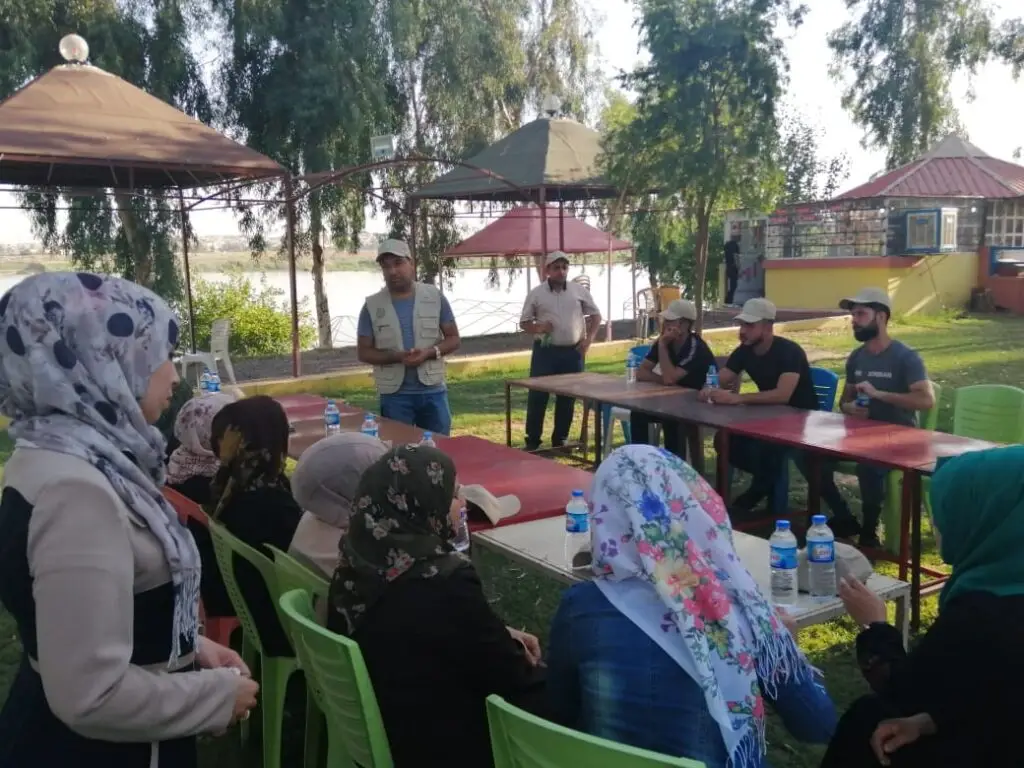
The programme builds on its comparative advantage of having supported skills-development programs for adolescents in Iraq since 2015 and its partnerships with the Ministry of Youth, Ministry of Labor and Social Affairs and CSO partners. The aim is to support access to skills-building programs for adolescents to promote them as agents of change in their communities, for social cohesion and meaningful engagement in social, civic and economic life. The programme centers on being inclusive and gender-sensitive, and target the most disadvantaged and vulnerable/marginalized young people across Iraq, including IDPs, refugees, returnees, host community; those with disabilities, adolescent girls, multidimensionally poor adolescents, including the unemployed.
From a multi-sectoral perspective, Al-Aghsan Foundation adopts and promotes synergistic convergence of service-delivery at supported adolescent and youth spaces, whereby targeted adolescents supported by Al-Aghsan Foundation benefit from additional comprehensive services that are age appropriate, gender responsive and adolescent-friendly.
Al-Aghsan Foundation prioritizes engagement of adolescents through integrated cross-sectoral approaches and promote co-creation with young people as ‘partners’ (i.e. engaging adolescents on issues such as child marriage, GBV, hygiene, health, education, etc). Adolescents design and implement initiatives that address needs in the community and foster their decision-making and problem-solving capabilities.
Al-Aghsan Foundation seeks to scale participatory action research through which young people will gather information/data from their peers and community members and proactively use the evidence generated to create a robust bridge between young people’s findings into advocacy and upstream work with the Government.
Al-Aghsan Foundation continues to support Sport for Development programs, including the participation of girls and adolescents with disabilities; to address critical social issues affecting their communities, such as prejudice, gender equality, abuse, drugs, human rights, poverty, violence, conflict, environment, etc.

Investing in adolescents builds strong economies, inclusive communities and vibrant societies
Aghsan Foundation
Aghsan Foundation
Gender inequality and other forms of discrimination intersect with climate change, economic upheaval, conflict and displacement to threaten adolescents’ well-being.
Dr. khalid Asal

Dr. khalid Asal
Aghsan Foundation
Adolescents are too often ignored by policymakers – or worse, viewed as problems or threats.

Aghsan Foundation
We ensure that no child’s learning stops because they are caught up in crisis.
Dr. khalid Asal
Investing in adolescents builds strong economies, inclusive communities and vibrant societies
Aghsan Foundation
Aghsan Foundation
Gender inequality and other forms of discrimination intersect with climate change, economic upheaval, conflict and displacement to threaten adolescents’ well-being.
Dr. khalid Asal
BEST QUALITY
Our Goal is the Help !
Investment in education and skills development opportunities for children and young people will help meet today’s immediate needs and contribute to the long-term stability of Iraq.
